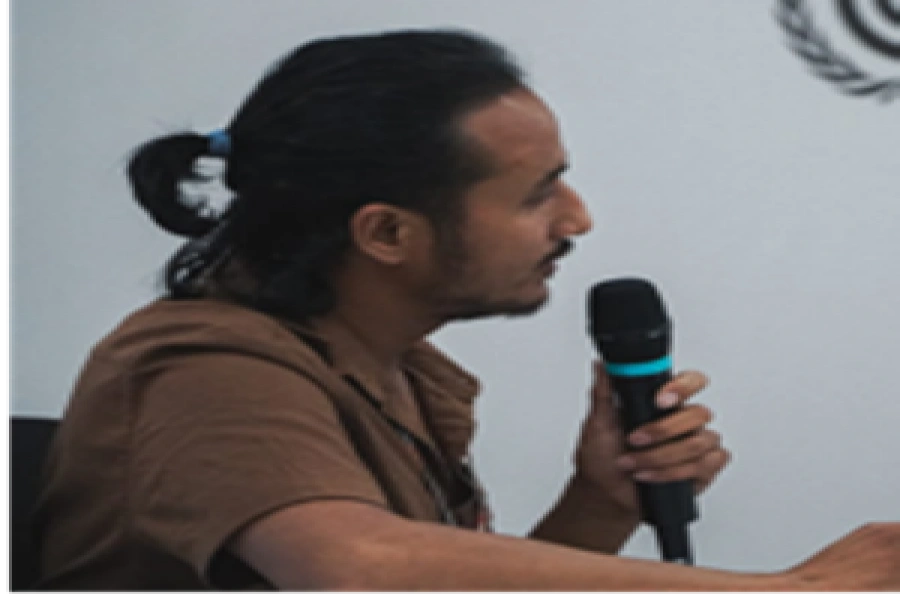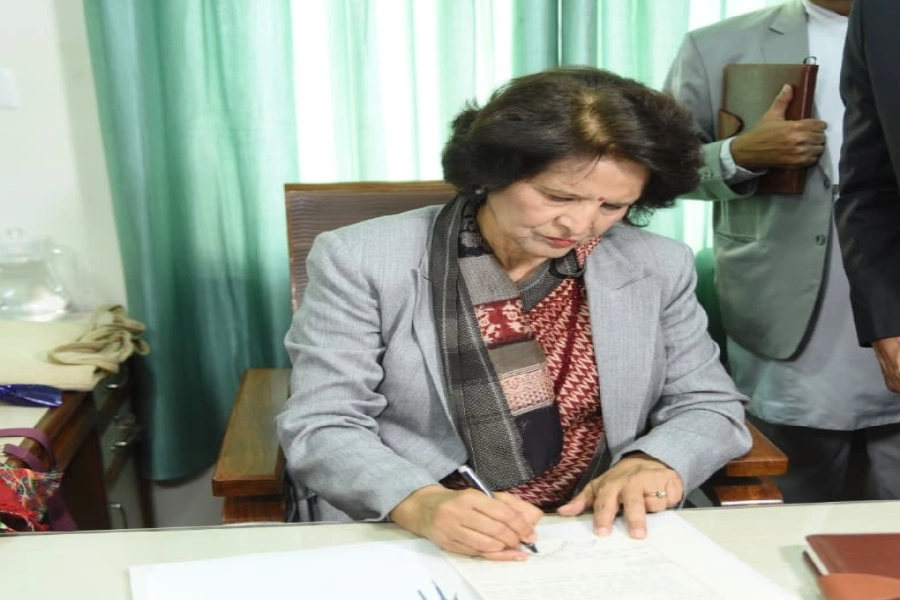WARSAW, Jan 17: Women across Poland are set to protest against attempts by the government to further restrict access to abortion.
Demonstrations across at least 50 cities have been organized by Polish Women’s Strike, a coalition of women’s rights groups.
Pro-choice demonstrators plan to wear black as a sign of mourning for their reproductive rights, which have come under threat under the ruling conservative Law and Justice party(Prawo i Sprawiedliwosc, or PiS).
In a Facebook post, organizers of the march in Warsaw called for a “feminist revolution” with the hashtag #SaveWomen, in reference to a pro-women bill recently rejected by the Polish Parliament.
#Sexploration Episode 7 Reproductive Health, Education and R...

Demonstrations will also take place in Krakow, Gdansk, Szczecin and Wroclaw, as well as outside the Polish embassy in London.
The protests are the result of a vote in the lower chamber of the parliament on 10 January, which saw politicians choose to send a bill to ban the abortion of sick fetuses to a parliamentary committee.
The new bill would ban terminations due to irreversible damage to the fetus, removing the main legal recourse Polish women have to obtain an abortion.
The government rejected a bill entitled ”Save Women” on the same day, which advocated greater access to abortion, free contraception and sex education in schools.
Poland has some of the most prohibitive abortion laws in Europe, introduced in 1993 after the fall of communism.
A woman can only have an abortion if the life of the mother or fetus is in danger, in cases of grave fetal defect, or when the pregnancy occurred as a result of rape or incest – and only within the first 12 weeks of pregnancy.
The Law and Justice party has a close relationship with the Catholic church, which exerts a strong influence over Poland as around 87 percent of the population declare themselves Catholic.
In October 2016, thousands of women marched across Poland to protest abortion restrictions in a bill proposed by the Stop Abortion coalition, which introduced the so-called “citizen’s initiative” in parliament.
The legislation advocated prison sentences of up to five years for women who had abortions, as well as legal implications for doctors who assisted with terminations.
Human rights groups warned women who suffer miscarriages could risk being charged on suspicion of abortion and said the bill would create a two-tier system of abortion access, in which only the wealthy can travel abroad for an abortion.
Campaigners claim tens of thousands of terminations take place in the country illegally every year and many women must travel to Slovakia or Germany to undergo the procedure.




































